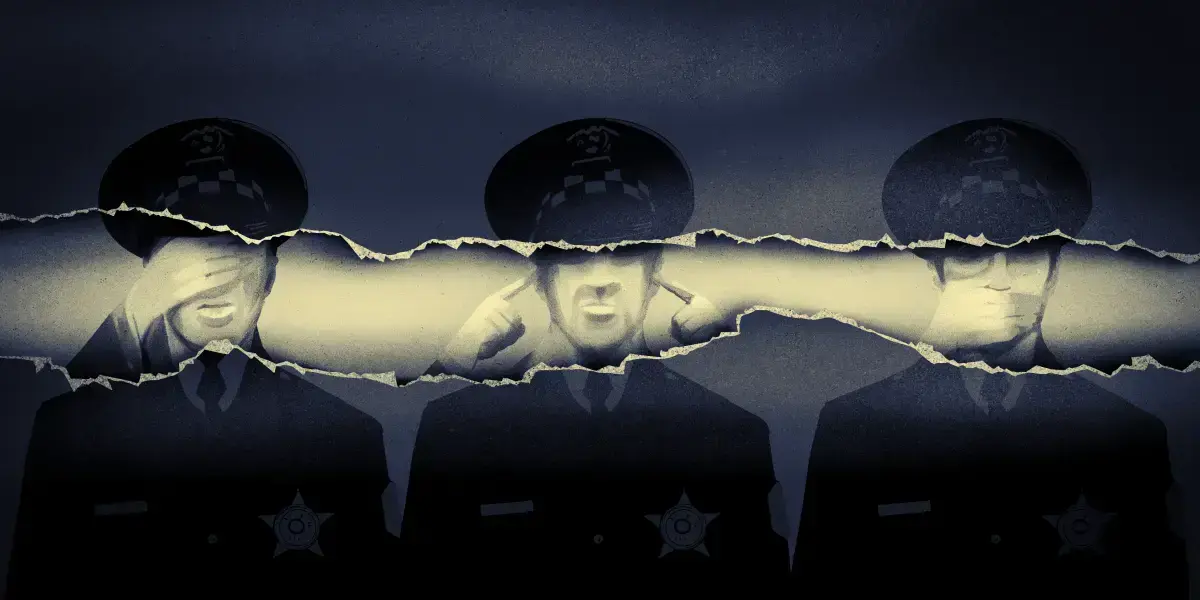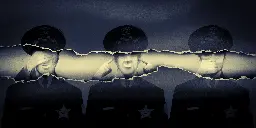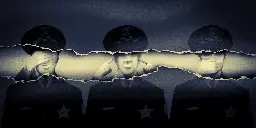Why Does the Chicago Police Department Tolerate Abusive Racists in Its Ranks?
Why Does the Chicago Police Department Tolerate Abusive Racists in Its Ranks?

Officer Raymond Piwnicki has 99 civilian complaints on his record, many of them involving racist invective and violence.


